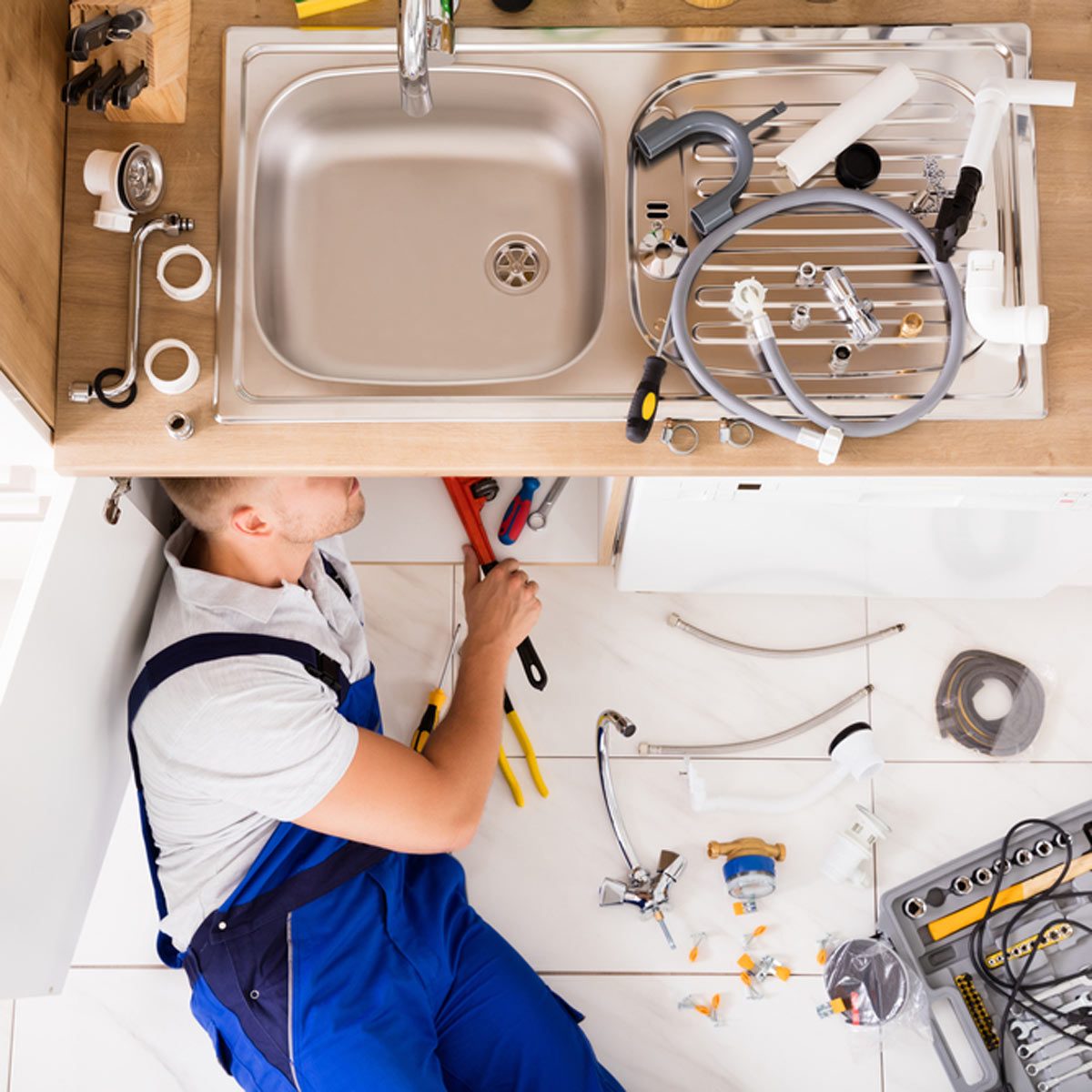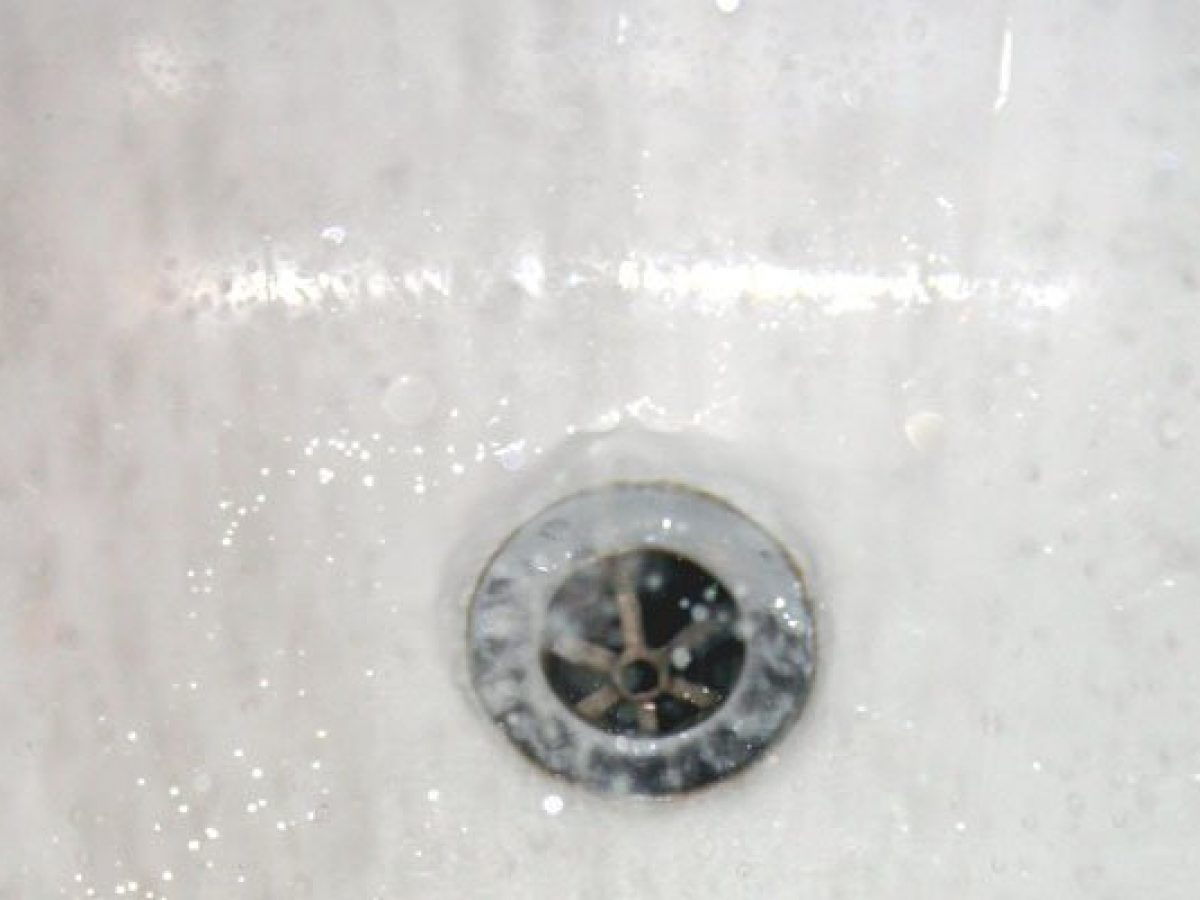The Recommended Winterizing Techniques: Several Ways to Protect Pipe Bursts
The Recommended Winterizing Techniques: Several Ways to Protect Pipe Bursts
Blog Article
Just about every person is bound to have his or her own way of thinking about How to stop pipes from freezing during the winter.

All house owners who live in pleasant environments need to do their best to winterize their pipes. Failing to do so can mean calamity like frozen, broken, or burst pipes.
Activate the Faucets
When the temperature level declines as well as it appears as if the cold temperature level will certainly last, it will assist to transform on your water both indoors and also outdoors. This will certainly keep the water flowing via your plumbing systems. You'll end up losing gallons of water this way.
Open Cupboard Doors Hiding Plumbing
When it's cold outside, it would be handy to open cupboard doors that are concealing your pipelines. Doing this little method can maintain your pipes warm as well as restrict the possibly harmful results of freezing temperature levels.
Take Time to Wrap Exposed Pipeline
One easy and awesome hack to heat up cold pipes is to wrap them with cozy towels. You can additionally make use of pre-soaked towels in hot water, simply don't fail to remember to put on safety handwear covers to secure your hands from the warmth.
Try a Hair Clothes Dryer or Heat Weapon
When your pipelines are almost freezing, your dependable hair clothes dryer or warmth gun is a blessing. If the hot towels do not aid remove any type of settling ice in your pipes, bowling hot air straight right into them might aid. You might end up damaging your pipes while trying to melt the ice.
When Pipes are Frozen, close Off Water
If you notice that your pipes are completely icy or practically nearing that stage, turn off the main water valve immediately. You will normally find this in your cellar or utility room near the heater or the front wall surface closest to the street. Transform it off right away to prevent more damage.
Don't forget to shut exterior water sources, as well, such as your hookup for the garden home. Doing this will avoid extra water from filling out your plumbing system. However, with even more water, more ice will certainly accumulate, which will eventually lead to break pipelines. If you are unclear about the state of your pipelines this winter, it is best to call a professional plumber for an assessment. Taking this positive technique can save you hundreds of bucks in repairs.
All house owners who live in temperate climates should do their finest to winterize their pipelines. Failure to do so can spell calamity like icy, broken, or ruptured pipes. If the hot towels do not assist dislodge any kind of clearing up ice in your pipes, bowling warm air directly into them might help. Turn off the primary water shutoff instantly if you notice that your pipelines are entirely icy or practically nearing that stage. With more water, even more ice will certainly stack up, which will at some point lead to break pipelines.
6 Tips For Maintaining Your Garden Plumbing During Winter Months
Detect minor damage
Plumbing is a dynamic system, and every part of it has to work correctly in order for the whole thing to function. That is why the minor damage has to be detected on time. If not, it can quickly emerge as a big problem and star leaking severely which can cause harm to your crops, flowers or even just garden furniture.
What would you do in case of a plumbing disaster?
If your garden plumbing system fails, what would you do and where would you go? In case you come home and notice a significant leaking, the first thing you should do is to reach the main valve for water supply. If the place is hard to grasp, use tools to protect yourself.
Teach DIY solutions
Some tools, some patience and some knowledge, can significantly help you deal with minor plumbing problems. Not only will you be more informed and independent, but you will also spend less money. There are hundred online tips on DIY plumbing solutions that are easy to follow. With this knowledge, you will be able to fix leaking faucets or clogged drains in your garden. Instead of paying to a local handyman for these little problems, you will invest in your knowledge and skills.
Winter is coming
Homeowners that go through extreme winters with low temperatures can often face frozen pipes, cracking and other plumbing problems that appear during winter. Here are some basic tips on what to do in such a situation.
Prevent freezing of your pipes on time
Freezing of outside pipes can affect interior plumbing as well. Before the real low temperatures arrive, ensure all measures of caution. We recommend you to eliminate outside hosepipes and insulate exterior fixtures with special caps. If you worry about standing water, you can easily clean it using compressed air.
What if your hosepipe is already frozen?
The smartest thing to do is not to panic and take action. First, make sure you turn the water supply off. Then, get the hose off the spigot and check the spigot. If ice formed un spigot, then heat it up until it thaws. Also, heat the place where the spigot is connected to your home. This will ensure that the entire pipe is free of ice blockages.

I am very fascinated by How to Prevent Frozen Pipes and I'm hoping you appreciated the entry. Enjoyed reading our write up? Please share it. Let someone else find it. Kudos for your time. Visit us again soon.
Show Details Report this page